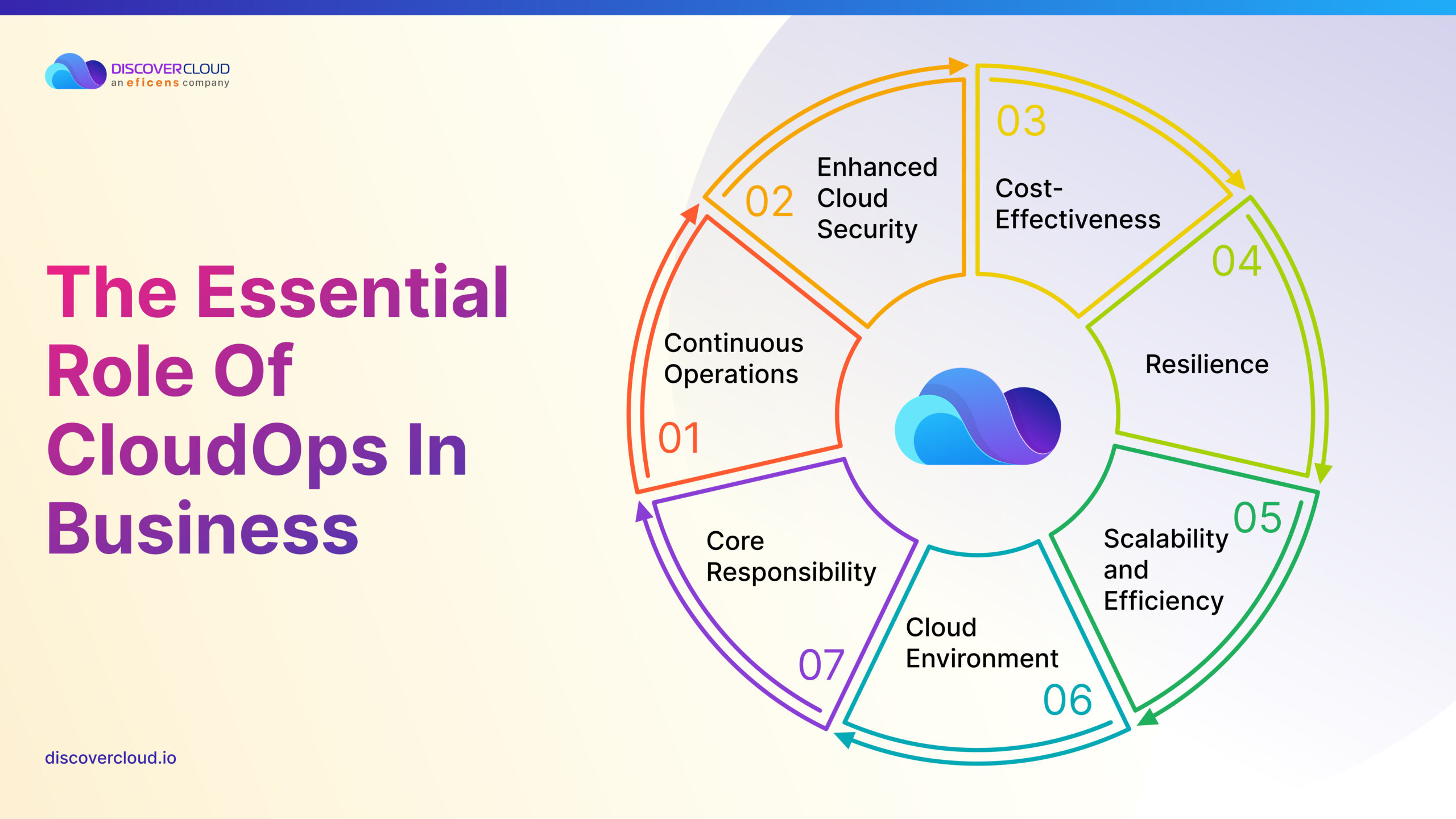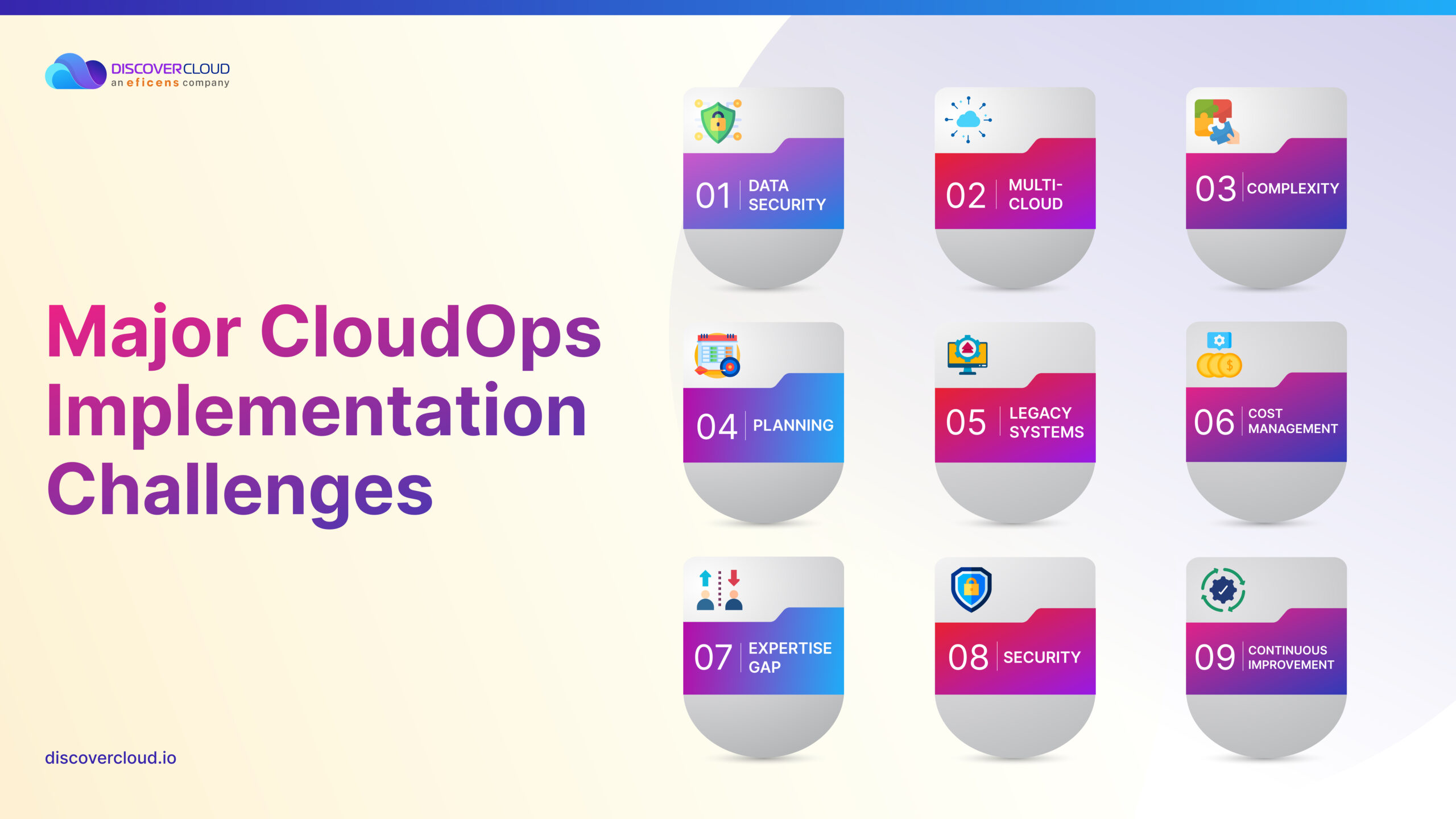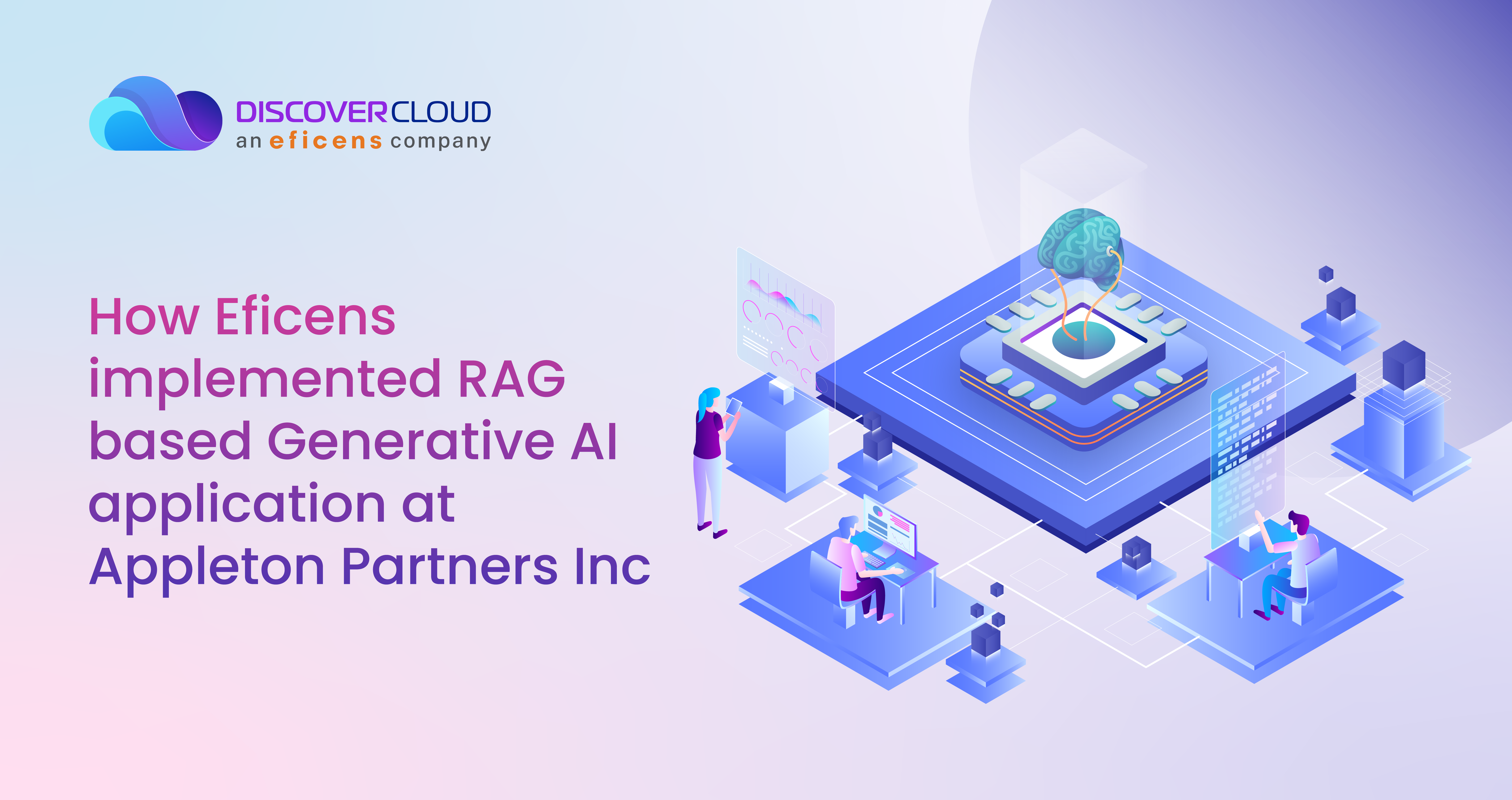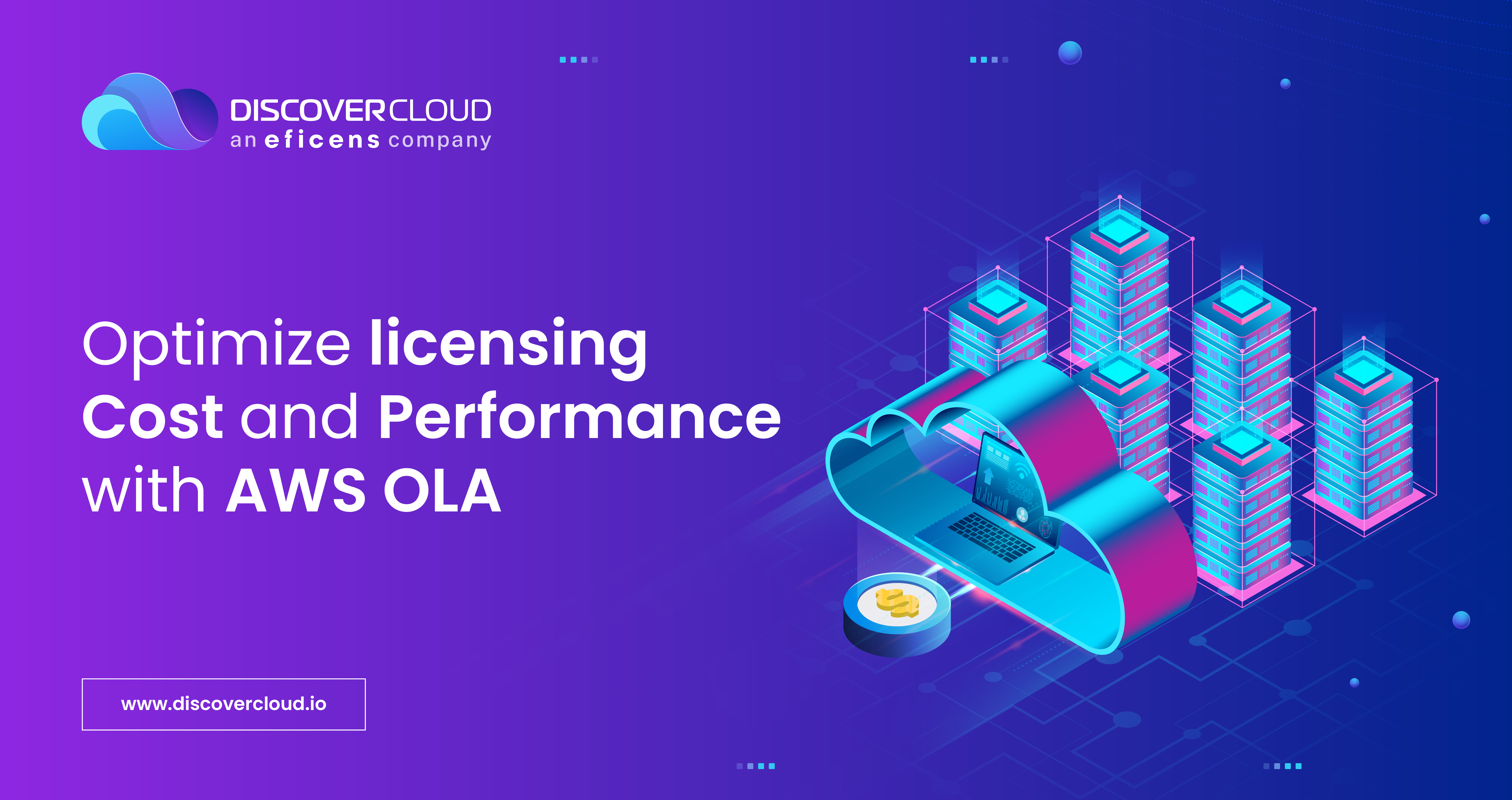Understanding and implementing Cloud Operations (CloudOps) into your strategies is not just a fleeting trend anymore it’s become a vital component to staying competitive. However, this journey into the clouds isn’t without its challenges. Aligning cloud management with your business goals and optimizing your cloud infrastructure demands strategic planning and a keen eye.
Interestingly, a recent Google Cloud blog report from 2022 sheds light on this phenomenon. It reveals a striking increase in cloud technology adoption, with 93% of technology leaders now leveraging cloud solutions, a jump from 83% in just two years. These statistics underscore the pressing need for effective CloudOps strategies and serve as a wake-up call for business leaders like you to rethink your CloudOps approach, transforming challenges into catalysts for growth and innovation.
Armed with this understanding, let’s explore how we can turn your CloudOps hurdles into opportunities, leveraging them to drive your business forward with agility and precision.
Why Does Your Business Need Cloud Operations(CloudOps)?

CloudOps, or Cloud Operations, is the amalgamation of processes, practices, and tools that are essential for the effective delivery and management of cloud services within an organization. It transcends the traditional operational workloads, focusing on fostering an innovation-centric mindset that unlocks new opportunities in the digital landscape.
At its core, CloudOps is all about managing the delivery, tuning, optimization, and performance of workloads and IT services running in various cloud environments, including multi-cloud, hybrid cloud, data center, and edge computing. It involves taking up crucial responsibilities like monitoring and maintaining the functionality, security, and accessibility of software and services hosted on cloud infrastructure.
The power of CloudOps lies in its ability to ensure continuous operations, boost cloud security, optimize resources for cost-effectiveness, guarantee resilience, and facilitate scalability and efficiency. These capabilities are essential for you to maintain a strong digital presence and adapt to changing market demands. While CloudOps offers transformative potential, be aware that it brings challenges. Issues like security, compliance, and cost management are prevalent and demand your attention.
What are the Major CloudOps Implementation Challenges?

With the significance of the Cloud Operations (CloudOps) established, we’ll now shift our focus to the hurdles you may face during the implementation phases. Here’s our take on the major challenges of CloudOps implementation and the complexities that businesses like yours may encounter.
- Data Security and Privacy- Ensuring data security in cloud environments is a major challenge. Issues like lack of visibility, insecure APIs, and cloud misconfigurations can lead to privacy leaks. As an enterprise, configure your network hardware, update software regularly, and employ firewalls and antivirus solutions to mitigate these risks.
- Multi-Cloud Environments- Managing multi-cloud environments brings challenges like configuration errors, data governance issues, and security patching. Tracking security requirements and applying data management policies across different clouds is challenging. Using multi-cloud data management solutions and open-source products like Terraform can provide better control over these architectures.
- Growing Complexity- The rapid shift to public and multi-cloud environments has led to a “complexity wall.” This complexity arises from deploying a multitude of technologies without a common framework for security and monitoring, making them costly and risky to operate.
- Lack of Planning- Many enterprises migrate to the cloud without a clear operational plan, leading to excessive complexity and lack of coordination. Establishing standard procedures and designing systems for better operations, including management APIs with self-reporting data, are essential for effective CloudOps.
- Integration with Legacy Systems- Integrating CloudOps with legacy systems can be challenging due to compatibility issues. Modernizing legacy systems or using integration platforms can help in this transition.
- Cost Management- Managing costs effectively in CloudOps is crucial. Cloud services can be expensive, and hidden costs from underutilized resources or sudden spikes in usage can add up. Regular auditing and resource utilization monitoring tools are key to managing budgets.
- Lack of CloudOps Expertise- There is a notable gap in CloudOps skills, including knowledge of cloud infrastructure, automation, and continuous delivery. Investing in training and development or hiring experienced professionals is vital for smooth CloudOps implementation.
- Security Concerns- Implementing robust security strategies for CloudOps is critical to protect against cyber attacks, data breaches, and other threats. This involves continuous monitoring, threat detection, encryption, access control, and multi-factor authentication.
- Continuous Improvement- CloudOps is an ongoing process requiring continual monitoring and analysis for improvement. Implementing DevOps practices like continuous integration and delivery is crucial for maintaining reliable, secure, and scalable cloud services.
These challenges underscore the importance of a comprehensive approach to CloudOps implementation, focusing on security, planning, expertise, and continuous improvement to harness the full potential of cloud technologies. DiscoverCloud provides you with tailored solutions and expert guidance, helping you effectively navigate these complexities and optimize your cloud computing operations.
Strategies to Overcome Cloud Operations (CloudOps) Implementation Challenges
To effectively address the challenges of CloudOps implementation mentioned above, you must adopt a comprehensive and multifaceted approach. Here are strategies for key challenge areas:
- Data Security and Privacy-Safeguard your digital fortress by implementing robust security measures like encryption, firewalls, antivirus solutions, and continuous monitoring. Employ Identity and Access Management (IAM) to control access to sensitive data and applications and use multi-factor authentication for enhanced security.
- Multi-Cloud Environments- For managing multi-cloud complexities, centralized security management, consistent policies, and regular assessment of cloud providers’ security standards are crucial. Stay ahead of potential security threats with real-time threat detection and response capabilities, such as SIEM systems.
- Growing Complexity and Lack of Planning- Adopt standard procedures for your cloud operations and design cloud-based systems with self-reporting data capabilities. Create management APIs bespoke for your CloudOps to reduce complexity and facilitate better operations.
- Integration with Legacy Systems- Modernize legacy systems gradually or consider deploying new platforms custom-built to work with all data sources. Hybrid cloud operations offer a middle ground for integration, balancing the old with the new.
- Cost Management- Establish a cloud cost management strategy that includes monitoring usage, evaluating pricing and contract terms, and optimizing workloads for cost efficiency. Be aware of variable usage, data storage costs, data transfer fees, and hidden costs in cloud services.
- Lack of CloudOps Expertise and Talent Shortages- Empower your team by upskilling through training programs and online courses. Broaden your talent pool by hiring from diverse backgrounds and partner with educational institutions to create cloud computing programs. Foster a culture of continuous learning and development within your organization.
- Security Concerns- Apart from implementing standard security measures, you should cultivate a continuous improvement mindset. Regularly update your security protocols and educate your employees about best practices to stay ahead of emerging threats.
- Continuous Improvement- Embrace DevOps practices like continuous integration and delivery to ensure constant monitoring and refinement of your cloud services. Invest in cloud infrastructure and tools that support a distributed, remote workforce and establish clear protocols and procedures for cloud-related activities.
If you need help tackling these multifaceted CloudOps challenges, DiscoverCloud stands as an indispensable partner. Our deep expertise and array of cutting-edge solutions position us ideally to steer businesses through the intricate landscape of CloudOps. DiscoverCloud’s approach ensures not only the security and efficiency of your cloud operations but also their cost-effectiveness, making your cloud journey both streamlined and strategic.
How Can DiscoverCloud Help With Your CloudOps Challenges?

DiscoverCloud is adept at addressing the various challenges associated with CloudOps, offering a range of specialized services and tools:
- Trekora—Intelligent Cloud Cost Management- Trekora is an AI-driven solution that provides seamless cloud cost savings. By syncing AWS accounts, Trekora offers actionable insights, allowing you to partner with the DiscoverCloud Team for real-time monitoring and optimization of your cloud spend. Trekoa is designed to help businesses optimize and save on cloud costs, elevating their financial efficiency in the cloud environment.
- Traverse—Visualizing Your AWS Cloud Landscape- Traverse is a sophisticated AWS visualization tool that allows businesses to craft, customize, and share intricate deployment diagrams with ease. Empowered by live AWS data, Traverse, in conjunction with the DiscoverCloud Team, guides you in making unmatched cloud decisions, thereby improving your overall cloud strategy and operations.
- SAPAssist—Transforming SAP Cloud Migrations- SAPAssist serves as an ally for SAP cloud migrations, providing tailored strategies through deep SAP analysis for a seamless transition to the cloud. This service, backed by the DiscoverCloud Team, can help you conquer the complexities of SAP migration with minimal effort.
- Discovercloud Managed Services– DiscoverCloud offers bespoke managed services that are tailored to each business’s unique needs. These services cover a wide range of aspects, including cost-efficiency, security, and overall cloud excellence, thus simplifying your cloud journey and enabling you to focus on innovation and building new customer experiences.
Arrange a consultation with DiscoverCloud to strategically integrate these innovative solutions into your cloud strategies. We can help you simplify your complex cloud operations and propel you forward with your innovation agenda, allowing you to effectively leverage the full potential of your cloud capabilities.
Transform Challenges into Triumphs in CloudOps
As we’ve navigated through the multifaceted world of Cloud Operations (CloudOps), it’s clear that the journey is laden with challenges ranging from data security to cost management. However, with the right strategies and expert guidance, these obstacles can be transformed into stepping stones towards a more efficient, secure, and innovative cloud environment.
Moreover, DiscoverCloud is here as a key enabler in this journey. By partnering with DiscoverCloud, you can not only overcome these challenges but also accelerate your journey toward digital transformation and innovation, ensuring a cloud environment that helps your business thrive. All the best!




